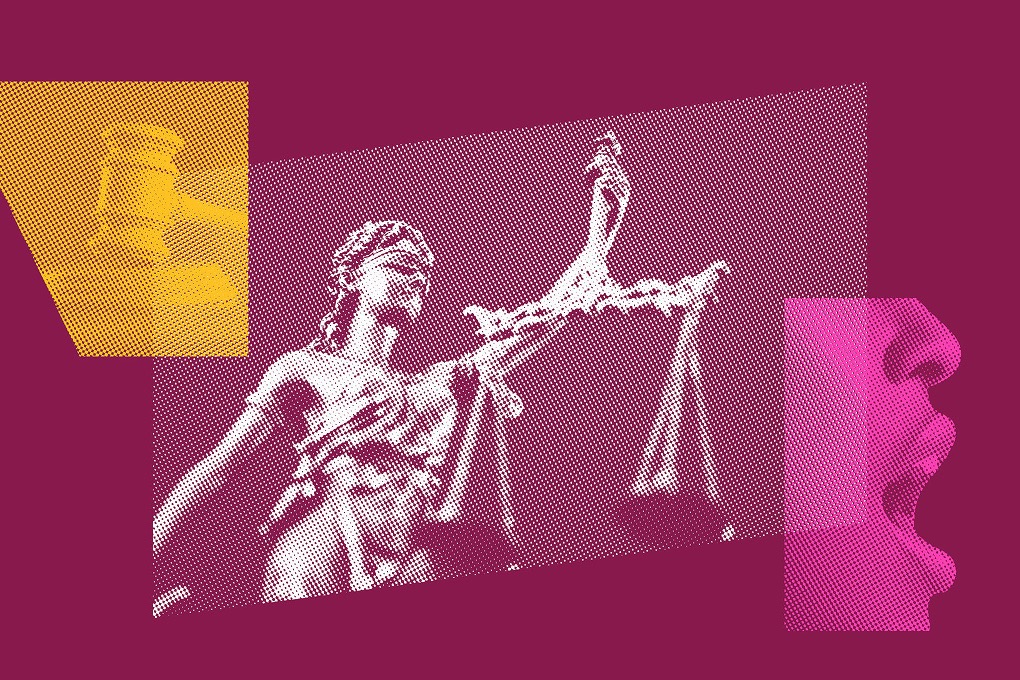Twenty-five. That's the percent of women who say they would've obtained a Medicaid-funded abortion if they had the option, but instead carried their pregnancies to term. According to a new Guttmacher report released yesterday, many of these women are forced to forgo an abortion because they lack personal funds to pay for the procedure. I can hear the anti-choice advocates popping their Champagne corks now. But, the story is more complicated.
The Hyde Amendment, which was enacted in 1976, excludes abortion from the comprehensive health care services the federal government provides to low-income people through Medicaid. Congress has carved out some exceptions to the ban over the years; currently the only abortions allowed under the federal Medicaid program are those involving a case of rape or incest or when a pregnant woman's life is endangered by a physical disorder, illness, or injury. Presently, 32 states and Washington, D.C., follow the federal government's lead. South Dakota, in violation of the Hyde Amendment, is even more draconian and only pays for abortions if a women's life is in danger. That leaves only 17 states that use their own money to pay for all or most medically necessary abortions. That means that only 17 states will help a woman obtain an abortion when her health is in danger. So, that 25 percent I mentioned earlier includes women with cancer, diabetes, heart conditions, or whose pregnancies otherwise threaten their health who are nonetheless forced to carry their pregnancies to term because they are not deemed likely enough to die from their pregnancies for the government to pay for an abortion.
Guttmacher's new report, "Restrictions on Medicaid Funding for Abortions: A Literature Review," also found that Medicaid funding restrictions delay some women's abortions by two to three weeks, as the women scrounge up the funds necessary for the procedure. Delaying an abortion can both increase the cost of the procedure and the risks. Moreover, when Medicaid will not pay for a low-income woman's abortion, she is often forced to divert money that would otherwise be used to pay for regular expenses, like rent, utility bills, food, and clothing for herself and her children.
The bottom line is that the government uses abortion funding restrictions to coerce poor women into carrying their pregnancies to term. Because Medicaid will offer assistance for prenatal care if a woman chooses to carry her pregnancy to term but will deny funding if the same woman needs to end her pregnancy, the government is using public dollars to intrude on a poor woman's decision about whether or not to have an abortion. The right to decide whether to have a child should not be contingent upon one's income. However, by withholding benefits from poor women who seek to end an unwanted or unhealthy pregnancy, the government is interfering with this profoundly personal decision and effectively denying poor women access to basic reproductive health care.
If we really want to build a healthier and more just America, we need to ensure that everyone has access to the full-range of reproductive health services, including birth control, prenatal care, cancer screening, and abortion. It also means investing in comprehensive pregnancy and disease prevention education programs so that young people have the information they need to make responsible, healthy, and safe decisions about relationships and sexual activity.
Moreover, in a truly just America, a woman facing an unintended pregnancy should have the opportunity to make the best decision for herself and her family, regardless of her financial status. We may not all feel the same way about abortion, but as yesterday's Guttmacher report makes clear, it is important that we support every woman's health and autonomy, and make sure that all options and services are available to those who need them.

